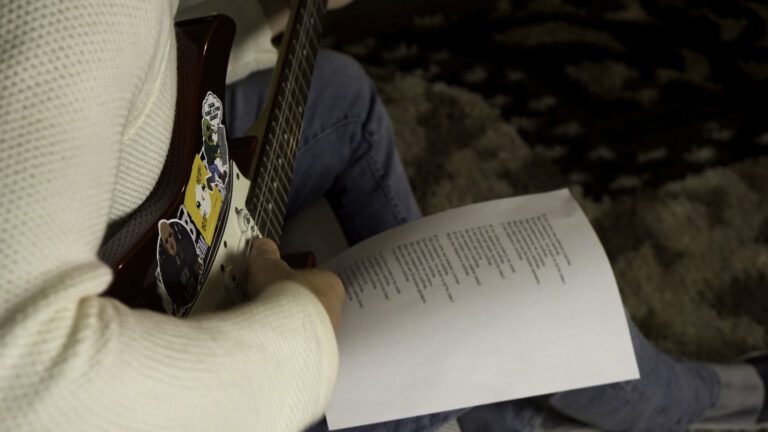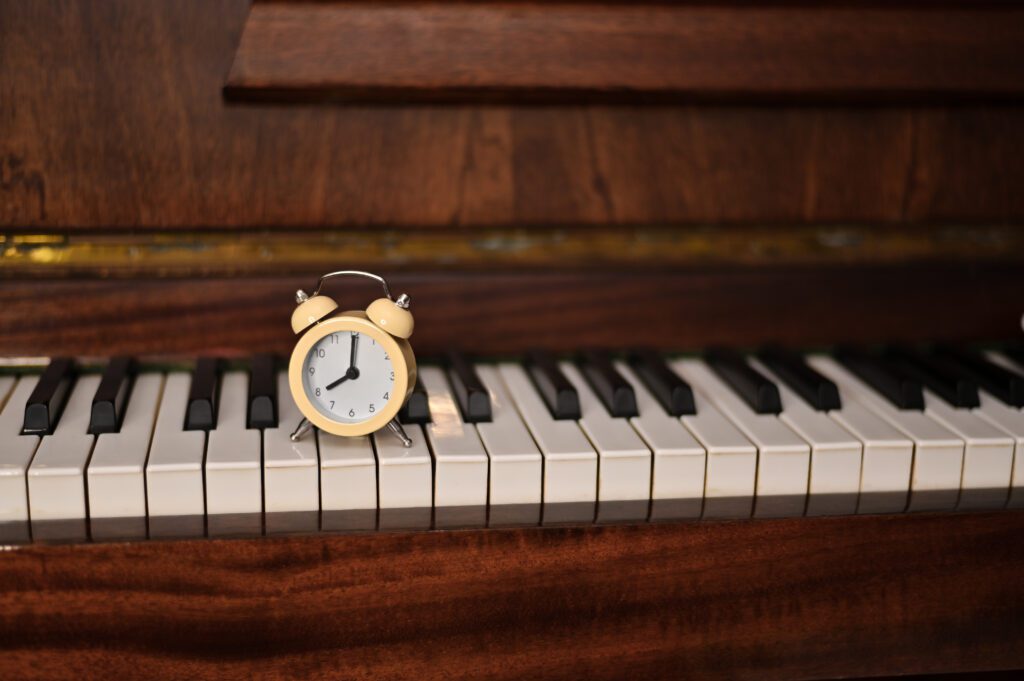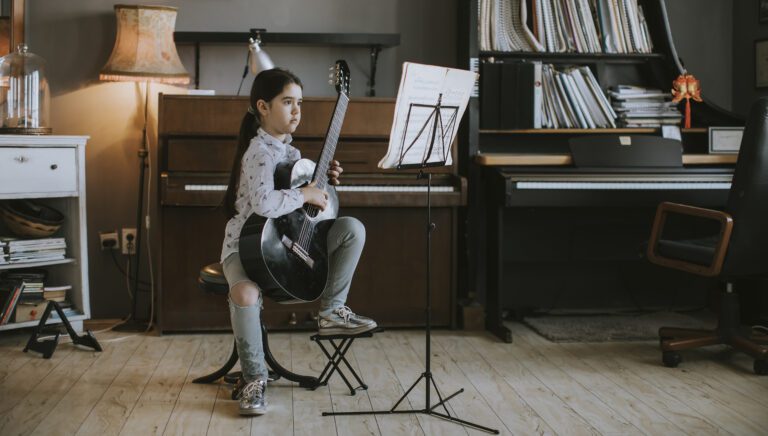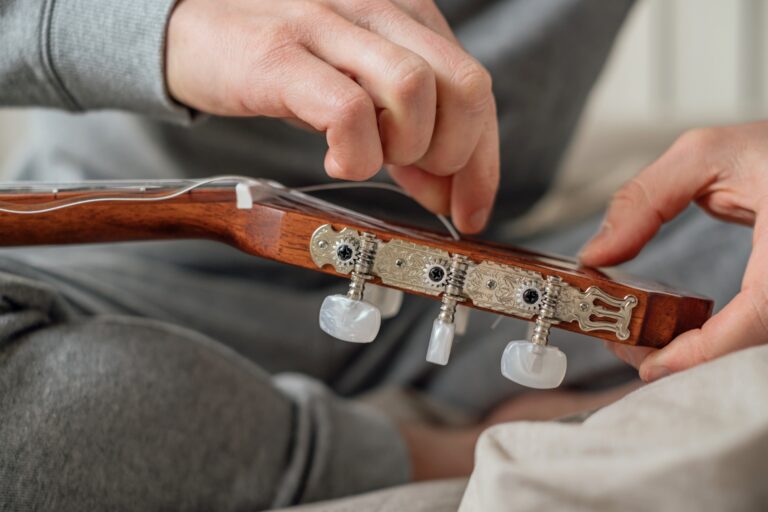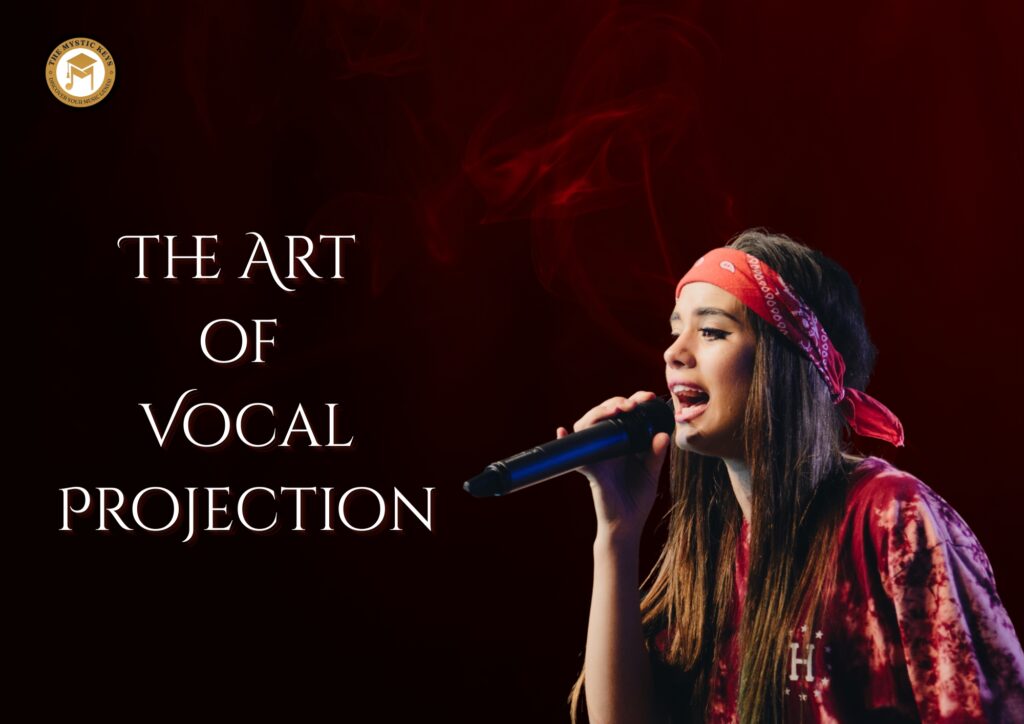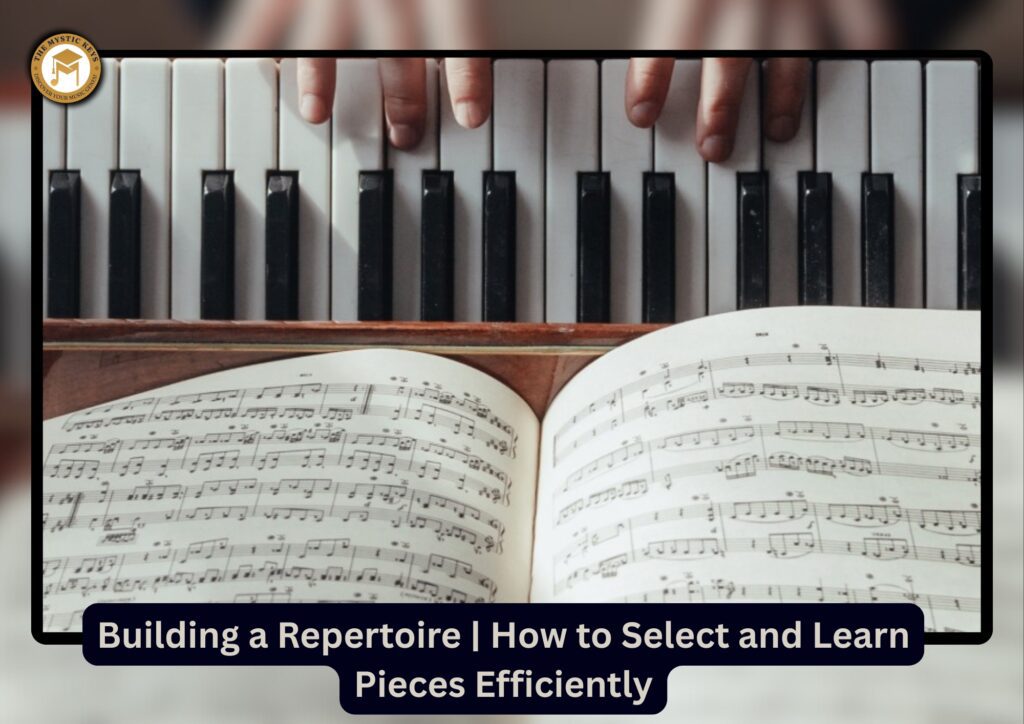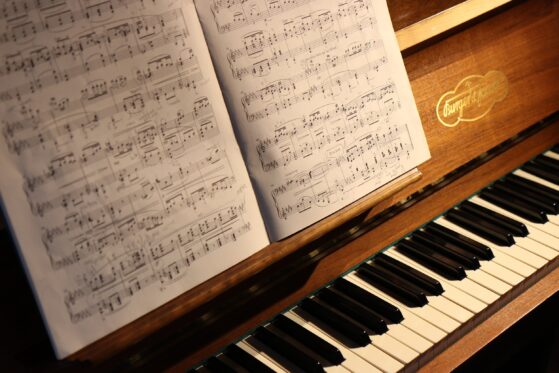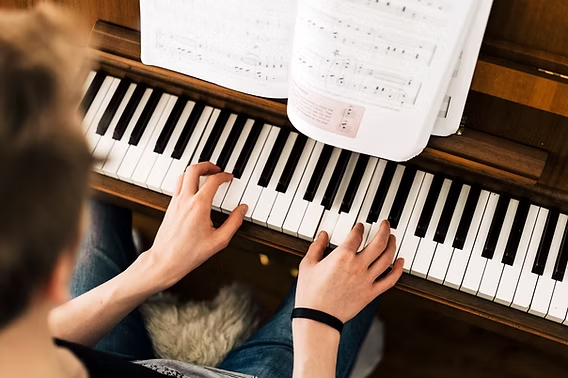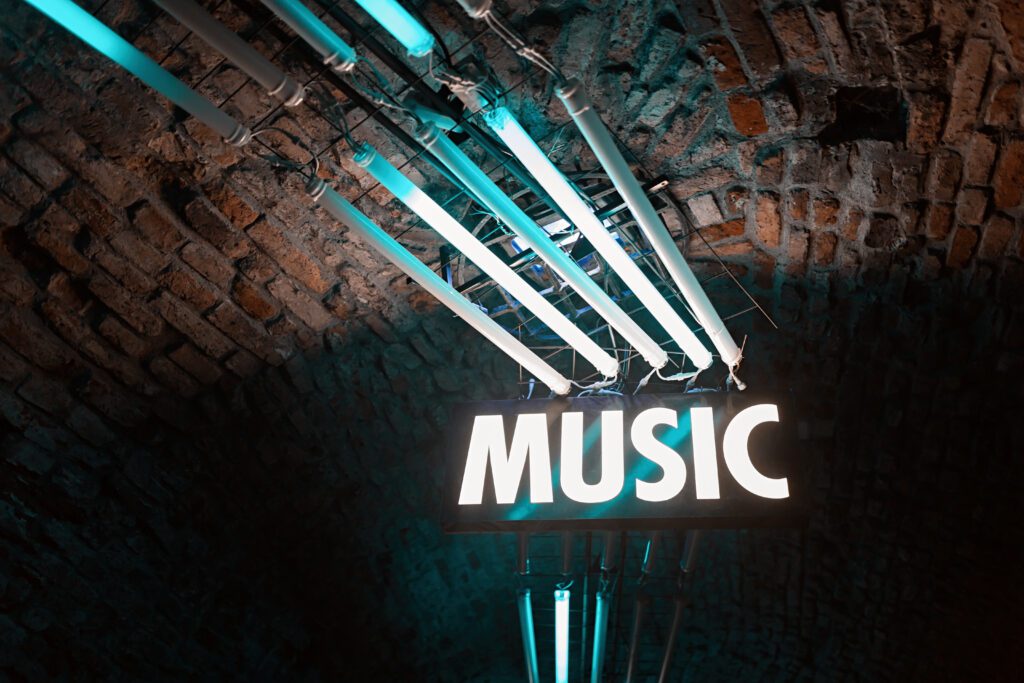
Why Does Music Sound Better at Night?
Why Does Music Sound Better at Night?
Have you ever noticed that your favorite song feels more powerful, emotional, or immersive when played at night? It’s a common experience shared by many music lovers, and it’s not just your imagination. At The Mystic Keys, a leading online music education platform, we believe that music is not only an art form but also an experience influenced by our environment, emotions, and mental state. In this blog, we explore in depth why music sounds better at night — backed by science, psychology, and the inherent beauty of nighttime stillness.
1. The Science Behind Nighttime Listening

Scientific studies show that our brain processes sound differently depending on the time of day. At night, our auditory perception sharpens, possibly due to the lack of distractions and a quieter environment. With fewer stimuli competing for our attention, we hear more detail in melodies, harmonies, and rhythms.
Moreover, our ears adjust to ambient noise levels. During the day, the constant hum of traffic, conversations, and digital noise competes with your music. At night, this clutter disappears, allowing music to take center stage in your auditory experience.
2. Psychological and Emotional Factors
Nighttime is often associated with introspection, vulnerability, and emotional depth. After a long day, our minds are more receptive to emotional triggers. Music, being one of the strongest emotional art forms, resonates more deeply in this relaxed state. We’re more open to feeling, reflecting, and connecting with the lyrics and melodies.
3. Reduced Environmental Noise
One of the most tangible reasons why music sounds better at night is the reduced ambient noise. There’s less traffic, less conversation, fewer notifications — and all of this contributes to a more immersive listening experience.
- Quiet roads
- Calm homes
- Still air
This silence acts like a blank canvas, amplifying the emotional tone of the music.
4. Enhanced Focus and Mindfulness

Nighttime naturally slows us down. With fewer responsibilities and lower activity levels, we can give our full attention to what we’re listening to. This deep focus leads to:
- Greater awareness of musical layers
- Understanding of lyrics and storylines
- Appreciation for technical skill
- Mindful listening, when done at night, becomes almost meditative.
5. The Role of Circadian Rhythms
Our bodies run on circadian rhythms — biological processes tied to the 24-hour cycle. These rhythms influence alertness, energy, and sensory sensitivity. During the night, our visual input decreases, while our auditory processing may become heightened, making music more vivid and emotionally resonant.
6. Aesthetic and Mood-Based Perceptions
Let’s not forget aesthetics. Dim lights, moonlight, a cozy room, and headphones create the perfect atmosphere for emotional connection with music. This ambiance:
- Triggers relaxation
- Encourages vulnerability
- Amplifies the soul-stirring quality of melodies
7. Brain Chemistry and Dopamine Release
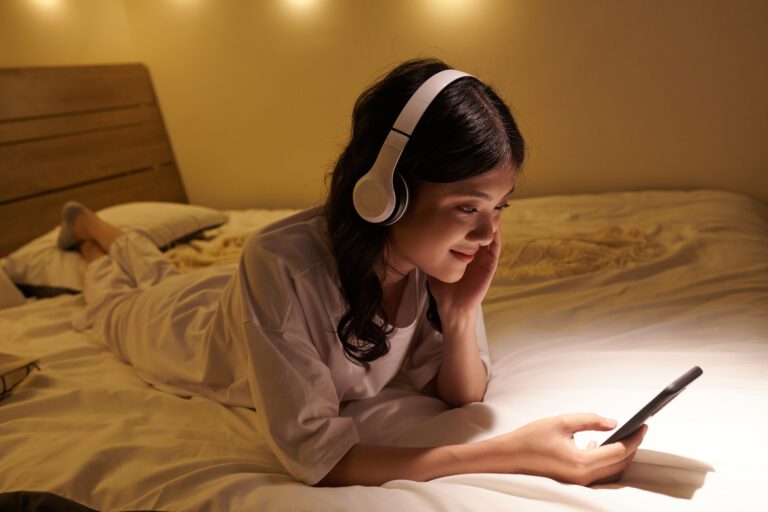
Listening to music triggers dopamine — the feel-good chemical. At night, when we’re winding down and emotionally open, the brain may be more responsive to dopamine stimulation through music. This causes:
- Euphoric responses to familiar songs
- Stronger memories tied to certain tracks
- Emotional release through lyrics and tones
8. Night and Nostalgia: A Perfect Pair
Night often brings a sense of nostalgia. We think about the past, our memories, people we miss. Music enhances this emotion, making nighttime listening especially poignant. It’s during these hours that people often turn to:
- Love songs
- Old favorites
- Instrumental mood music
9. Case Study: Artists Who Create at Night
Many musicians and composers report that they produce their best work at night. From Beethoven to Billie Eilish, the silence of the night becomes a breeding ground for creativity.
Why?
- Fewer distractions
- High emotional availability
- Natural solitude and silence
This also reflects in how listeners perceive night-born music: rich, raw, and deeply moving.
10. How to Enhance Your Night Listening Sessions
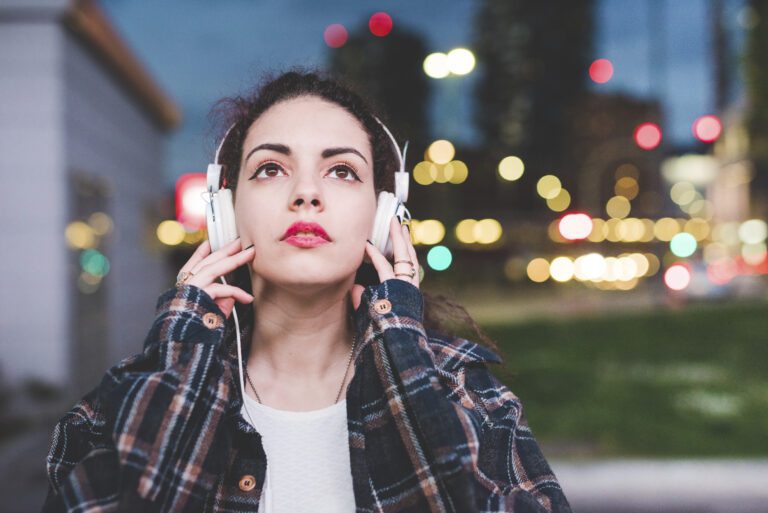
To make the most of your night listening habits:
- Use noise-cancelling headphones
- Create a cozy listening corner
- Choose music that suits your mood
- Lower the lights
- Avoid multitasking — just listen
The result? A therapeutic, immersive experience that you’ll look forward to every night.
11. Tips for Learning Music at Night

At The Mystic Keys, many of our students prefer nighttime practice. Why?
- Less interruption from family or work
- More mental clarity
- Quiet environment helps hearing nuances
- Here’s how to make night practice effective:
- Don’t strain your eyes — good lighting is essential
- Keep a water bottle nearby
- Choose warm-up pieces before challenging ones
- Record your practice — night music sessions often turn out beautifully
12. The Mystic Keys: Embracing Night Sessions
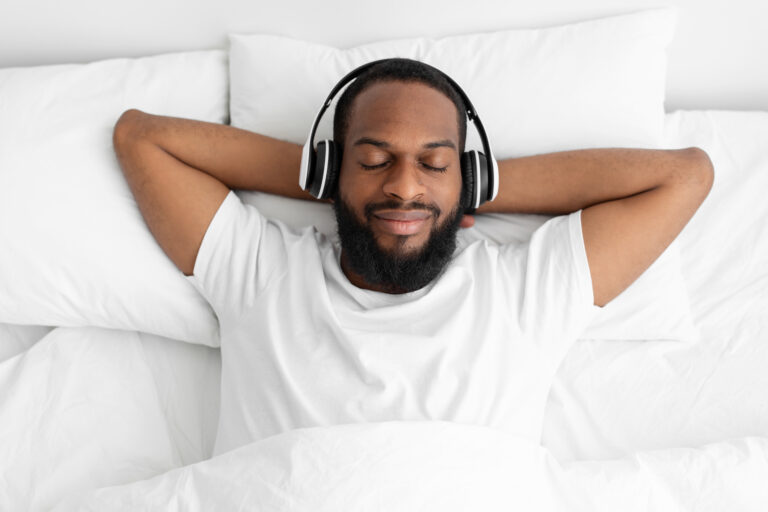
As a professional music education platform, TheMysticKeys.com supports flexible schedules. Many of our learners find night classes more effective. Our one-on-one Zoom sessions are tailored to fit your rhythm — morning or midnight.
Why students love our night sessions:
Calm learning atmosphere
Fewer distractions
Personalized attention
Teachers who adapt to your energy levels
Plus, our session recordings let you review your music anytime — even at 2 a.m.
13. FAQs About Nighttime Music
Q1: Is it bad to listen to music before sleeping? A: Not at all! In fact, certain genres like classical, lo-fi, and ambient music can improve sleep quality.
Q2: Can night listening improve musical skills? A: Yes, focused and distraction-free listening helps improve ear training and emotional understanding.
Q3: What type of music is best at night? A: Soft instrumentals, ambient, jazz, acoustic, and lo-fi are great choices for night.
Q4: Is learning music at night effective for kids? A: It depends on the child’s schedule and energy level, but many kids enjoy the calm of evening lessons.
14. Final Thoughts
Music is a universal language, and the nighttime gives it a special voice. Whether you’re listening, practicing, or composing, the night offers a unique backdrop that elevates every note. At The Mystic Keys, we encourage our students to explore and embrace their musical journey — no matter the hour.
So next time you feel the urge to press play at night, don’t hesitate. Dim the lights, put on your favorite track, and let the music take you on a midnight journey.
Want to learn Music in detail? Enroll in our Keyboard Classes Online and explore the fascinating world of music.
Visit us at The Mystic Keys to begin your journey.
Want to learn Music in detail? Enroll in our Keyboard Classes Online and explore the fascinating world of music.
Related Blogs
Music is a language—one that transcends borders, cultures, and even time. Just like any language, it can be learned, practiced, and mastered. Whether you’re a beginner just starting your journey into music or an experienced musician looking to sharpen your skills, books are a timeless and effective way to gain knowledge, improve technique, and deepen your musical understanding.
The quest for effective music to help you study techniques has led many students to incorporate music into their routines. Study playlists, often filled with soothing or instrumental tracks, are popular tools aimed at enhancing focus and productivity.







